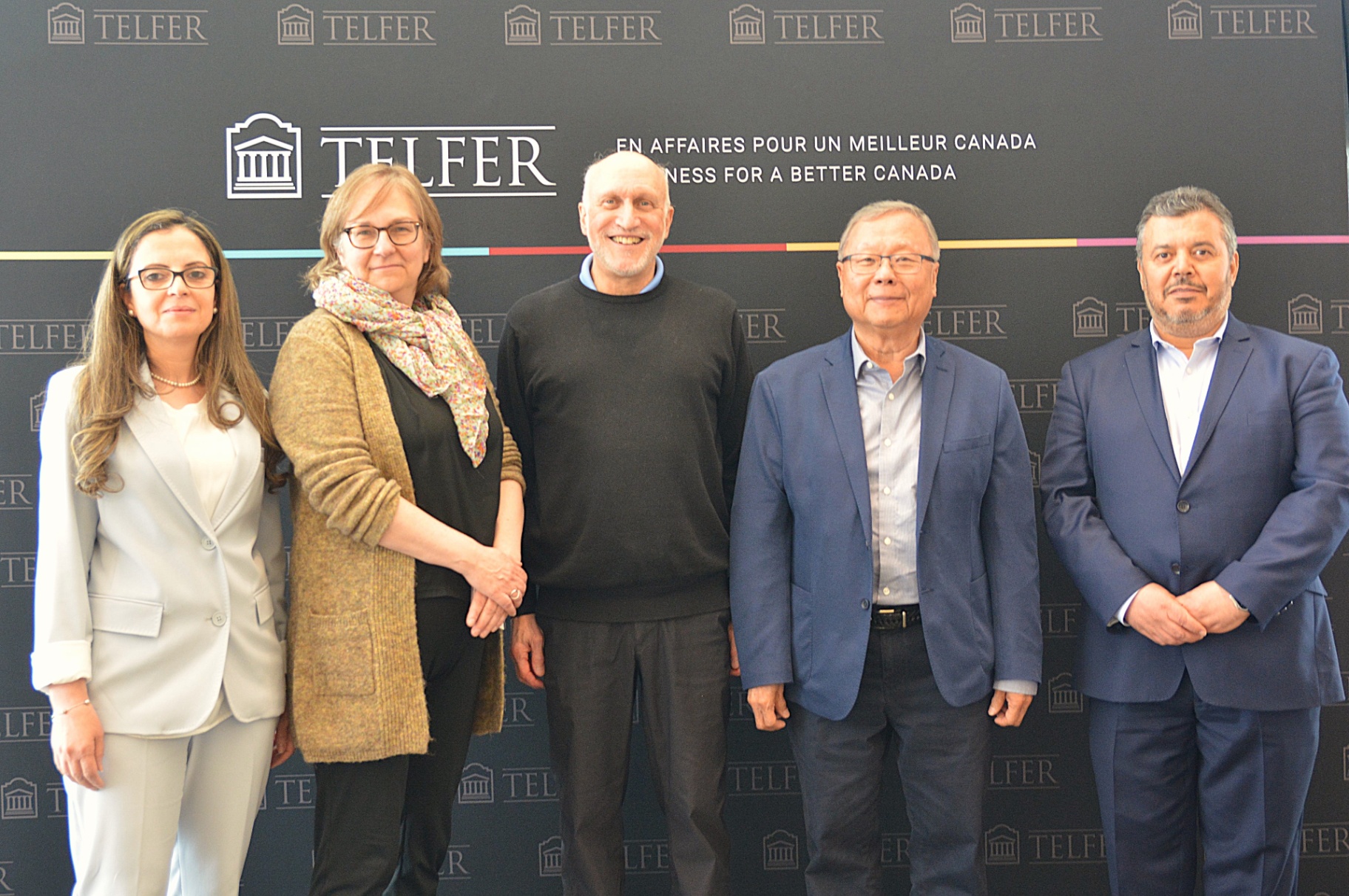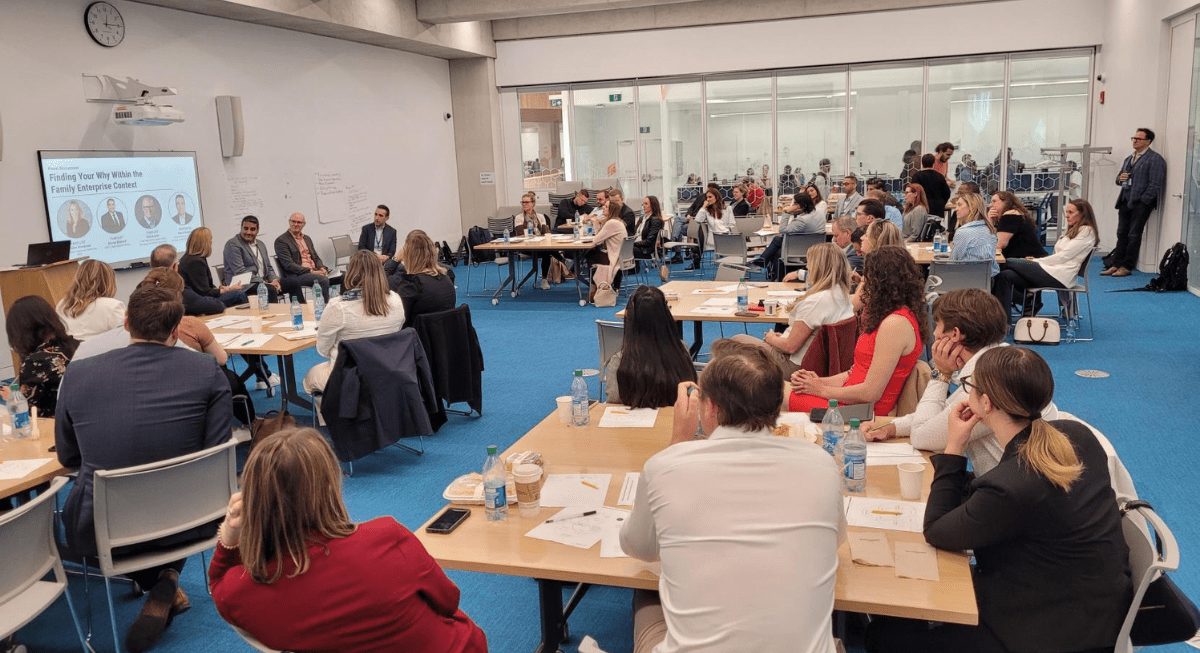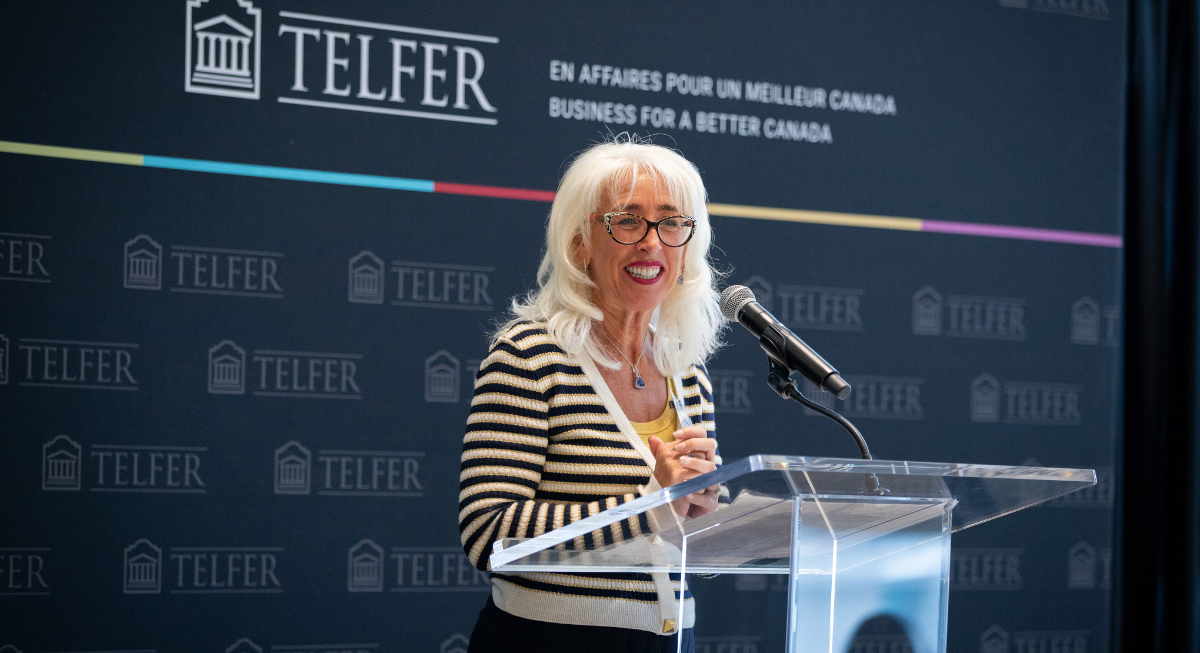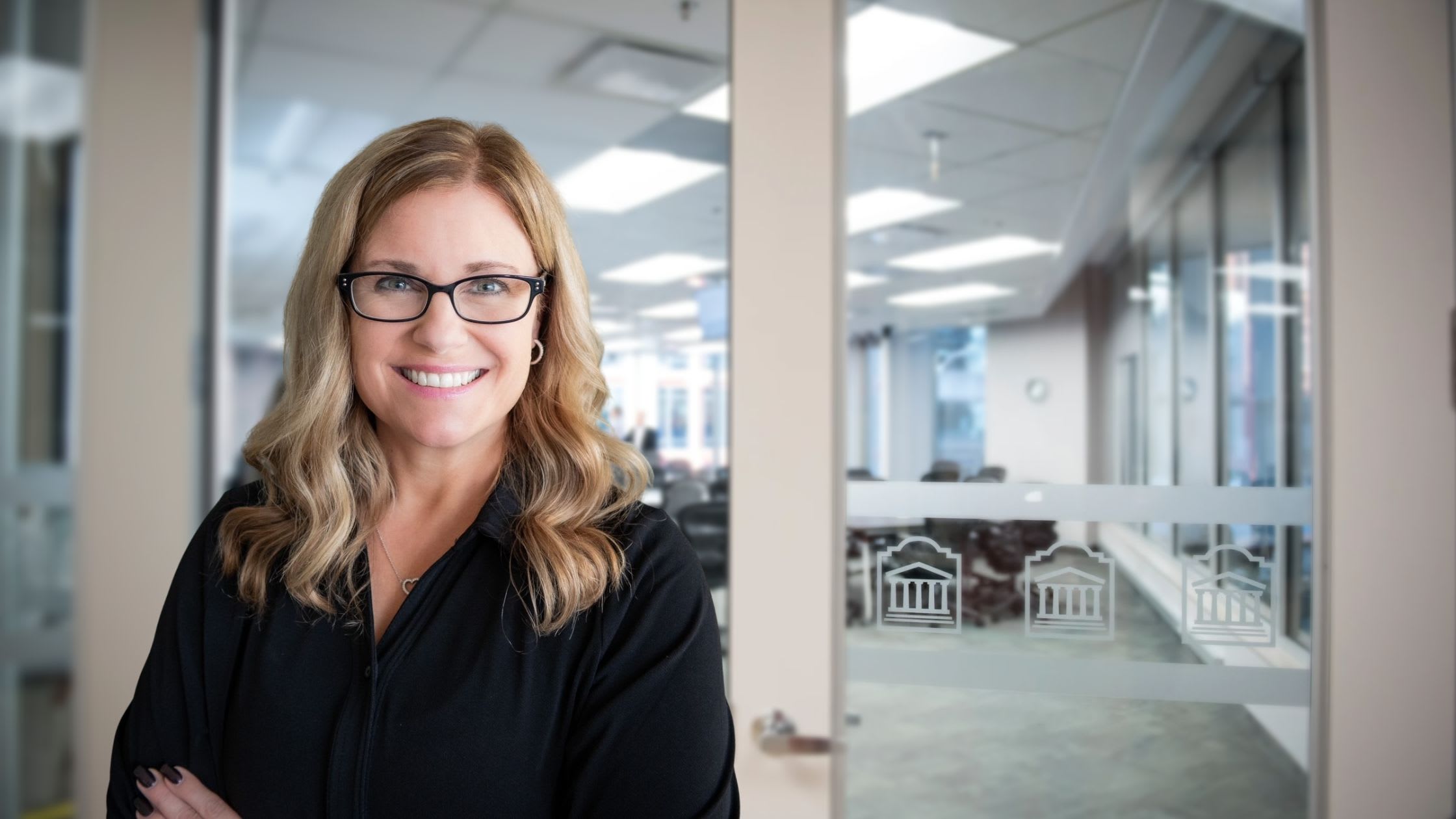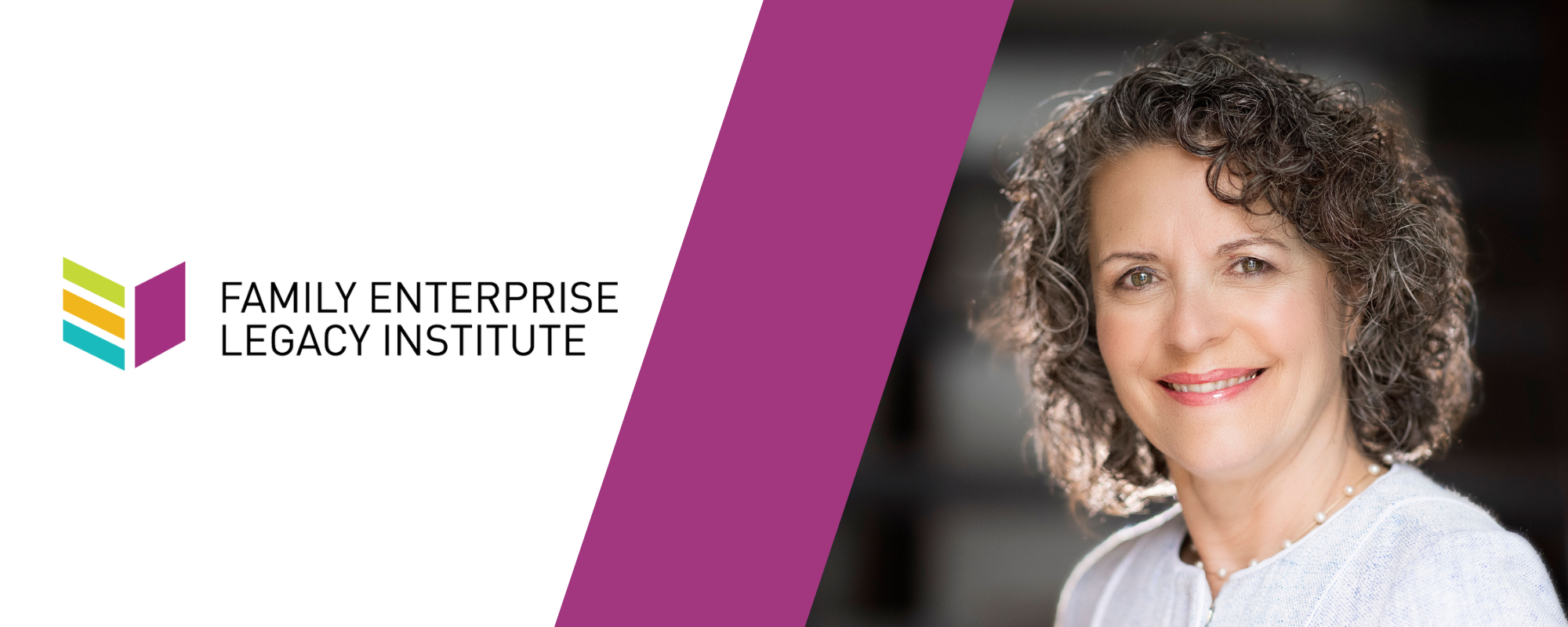Current National Board Chair for Family Enterprise Canada (FEC), entrepreneur and member of a business family – and now inaugural Executive in Residence at the Family Enterprise Legacy Institute (FELI) – for Susan St. Amand, the area of family enterprise isn’t simply what she does, but is also part of who she is.
Read the official announcement of Susan St. Amand’s new role
We recently spoke with Susan about her plans in the new role, as well as her views on entrepreneurial families and the importance of supporting next generation leaders.
What made you decide to join FELI as Executive in Residence?
Family enterprises are the lifeblood of our country’s economy and the global entrepreneurial community.
Family enterprises seed, water, nurture, strengthen and grow entrepreneurs. Their multi generational mentorship and long-term thinking can fuel innovations and fill the entrepreneurial eco-system with sustainable long term economic stability.
The University of Ottawa is situated in the Capital of Canada and it draws international students from across the Globe. Professor Peter Jaskiewicz, the University Research Chair in Enduring Entrepreneurship at the University of Ottawa has incredible energy and enthusiasm for creating a sustainable Institute in Canada. He is recognized as a global expert and has attracted an amazing team to create the best-in-class international learning institute for NextGen.
I am privileged and excited to contribute to the early stages of this multi-generational Family Enterprise Legacy Institute.
What are you hoping to do during your time with FELI?
In the early stages of any sustainable Institute, it is critical to establish good governance and long term sustainable funding mechanisms.
My role will be to work collaboratively with the family enterprise community, the University and the Institute to develop the governance required to attract permanent funding and make a multi-generational, multi-jurisdictional positive impact.
As we build this institute, we will facilitate discussions and create awareness of the positive long term impact family enterprises have in Canada.

Why is it important to have an institute such as FELI supporting entrepreneurial families and members of the next generation?
Business families provide employment to those who may not be entrepreneurial, they take risks and invest in the economy, they are generally purpose driven, with a vision to support the communities where they live and work. The next generation of business families are entrepreneurs with a vision to create a sustainable future. They are innovative and creative. It’s essential to provide a platform for the next generation of entrepreneurs to build and thrive.
As a country we are young and we have a diverse cultural population, with tremendous opportunities. FELI will provide the tools, the networking, the mentoring and the platform to facilitate a unique education that will see future generations thrive.
As a third-generation member of an entrepreneurial family yourself, what do you see as the key concern or need for business families in Canada?
Until very recently, business families were not recognized for their contributions to the Canadian fabric.
The focus of financial and other support and learning tools available to small, medium and larger businesses, with non-related ownership structures was not always available to the same extent for family businesses. Transitions of ownership were often penalized by unintended tax rule consequences, rather than encouraged and celebrated for their long-term thinking.
Canada could benefit from supporting the multi-generational, multi-jurisdictional thinking of business families. Business families are the lifeblood of our economy and they have relationships that often extend to global communities. Facilitating knowledge exchange, providing financial support on an equal basis, and encouraging them to innovate and thrive is necessary to retain our best and our brightest.
To learn more about how Telfer’s Family Enterprise Legacy Institute is helping bridge the gap between generations in family enterprises, visit the FELI website.



